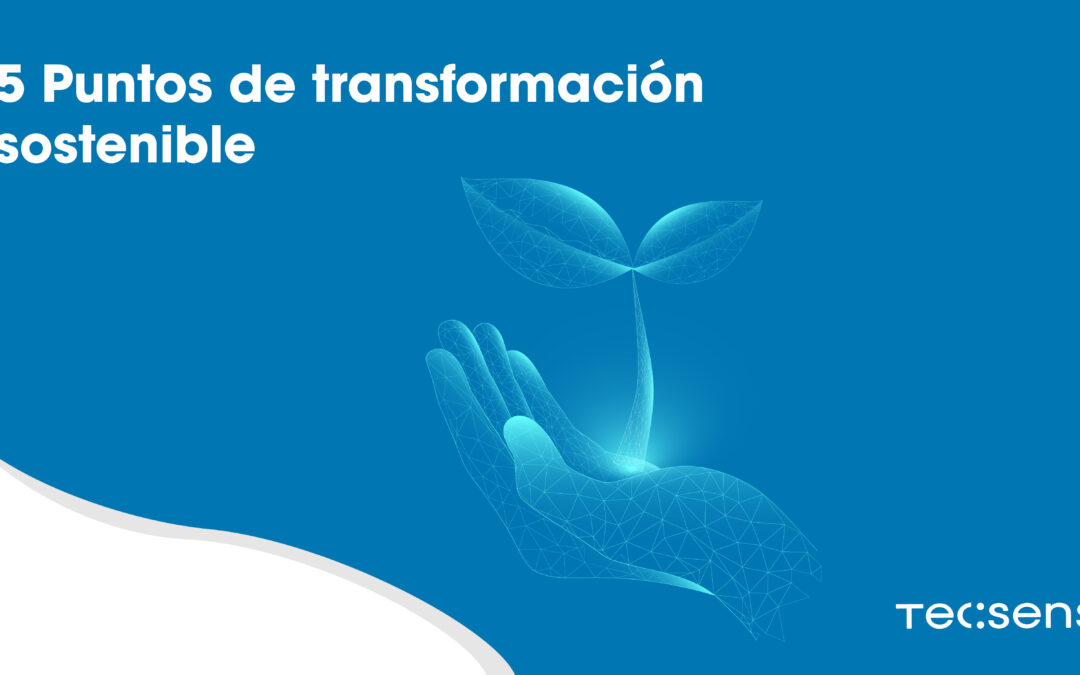IT solutions have become a key catalyst for addressing global challenges related to sustainable development. Companies, aware of their social and environmental responsibility, are adopting technological solutions to actively contribute to the United Nations Sustainable Development Goals (SDGs). From efficiently managing resources to promoting social equity, technology plays a critical role in creating a sustainable future. In this article , we discover 5 points of sustainable transformation to take into account in any company.
Discover the 5 points of sustainable transformation
1. Energy Efficiency and Carbon Footprint Reduction
Technology solutions allow businesses to measure and manage their energy consumption more effectively. Artificial intelligence (AI)-powered data monitoring and analysis systems provide real-time insights into the energy performance of business operations. This makes it easier to identify areas for improvement and implement measures to reduce the carbon footprint. Server virtualization and the use of renewable energy are examples of how technology can drive energy efficiency.
2. Smart Waste Management and Recycling
IT solutions also contribute to efficient waste management. Cloud-based waste tracking systems, IoT sensors, and optimization algorithms help companies manage their waste sustainably. The implementation of identification technologies, such as radio frequency (RFID), allows for accurate tracking of materials from their origin to their final destination, improving recyclability and reducing waste generation.
3. Sustainable Supply Chain
IT solutions are also transforming supply chains, ensuring more sustainable and ethical production. Digital platforms allow for greater visibility into the supply chain, making it easier to identify unsustainable practices. The implementation of technologies such as blockchain ensures the transparency, traceability and authenticity of products, promoting responsibility and ethics in the supply chain.
4. Inclusion and Equity through Technology
Technology solutions can also play a vital role in promoting social equity. The adoption of online collaboration tools and distance learning platforms facilitates access to learning opportunities in remote or disadvantaged regions. In addition, the implementation of diversity and inclusion policies is bolstered by fairer hiring algorithms and performance appraisal systems based on objective data.
5. Innovation for the Circular Economy
The circular economy, a fundamental principle of sustainability, is driven by technological innovation. The implementation of service-based business models, the design of modular products and the use of recycled materials are all possible thanks to digitalization and advanced technology. Digital platforms also encourage the sharing and reuse of products, promoting a more circular and less linear approach.
IT solutions are powerful tools for addressing the environmental, social, and economic challenges facing businesses today. Integrating technology into business strategy not only improves operational efficiency, but also drives compliance with the SDGs. By adopting a sustainable mindset and seizing the opportunities offered by technology solutions, companies can lead the transformation toward a more equitable, sustainable, and prosperous future for all.




